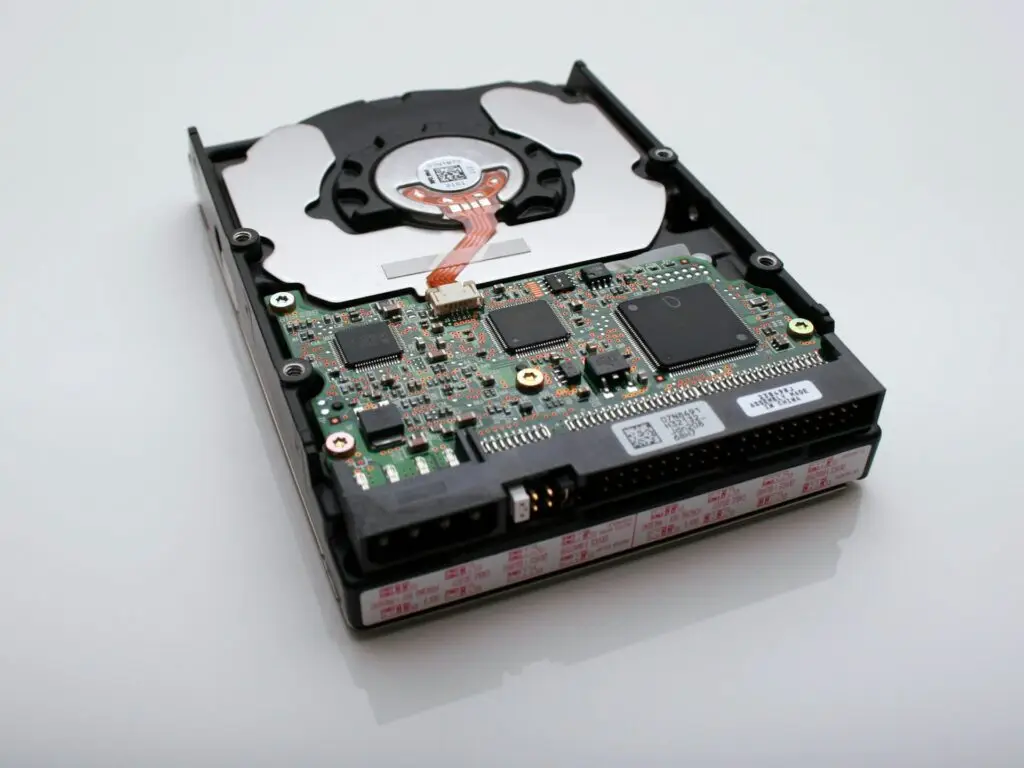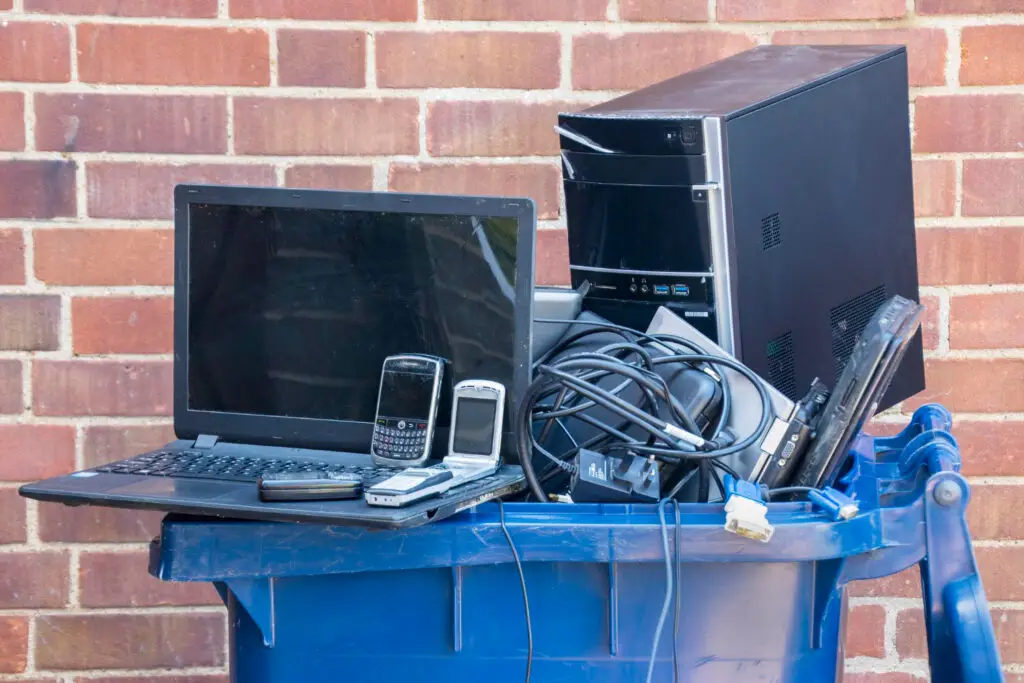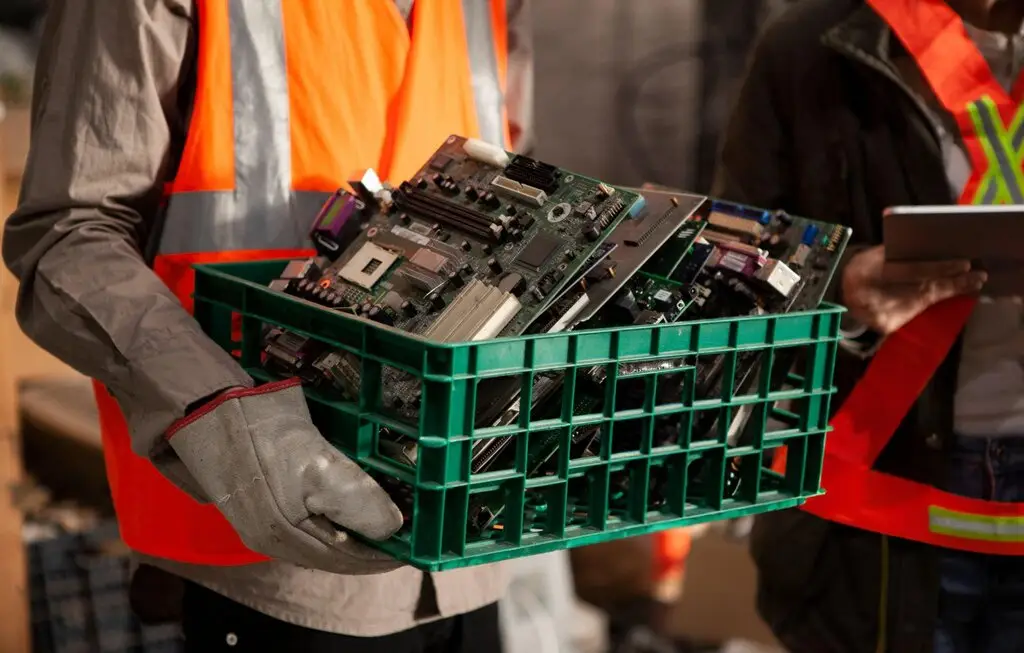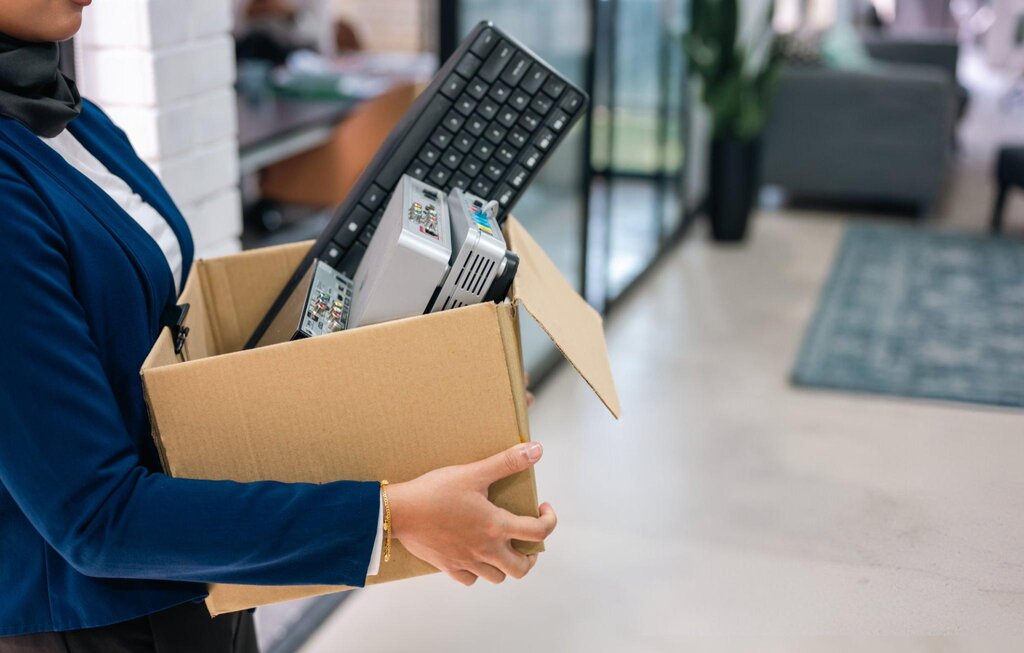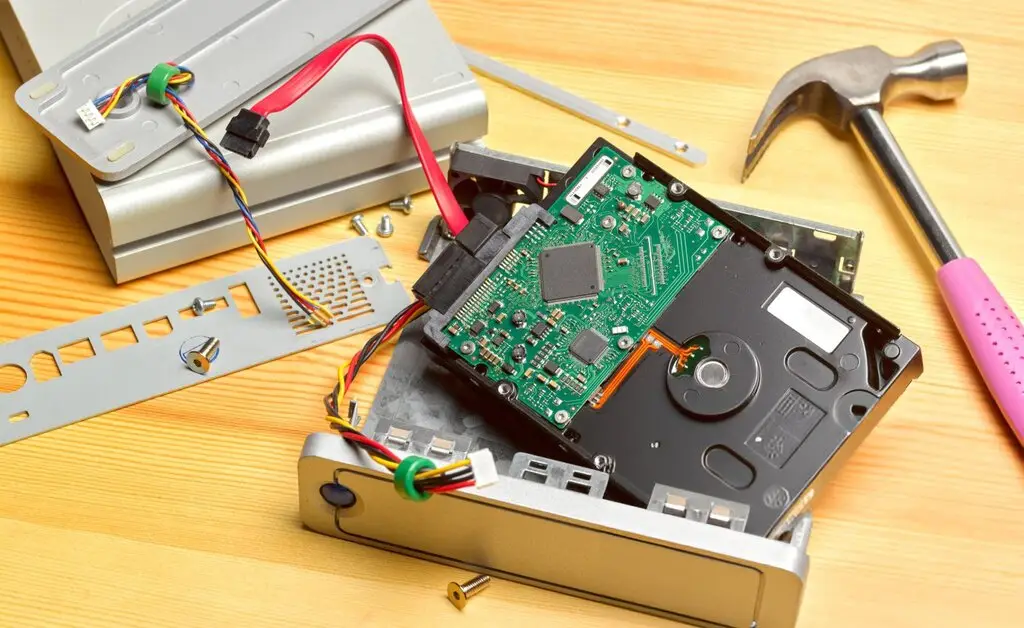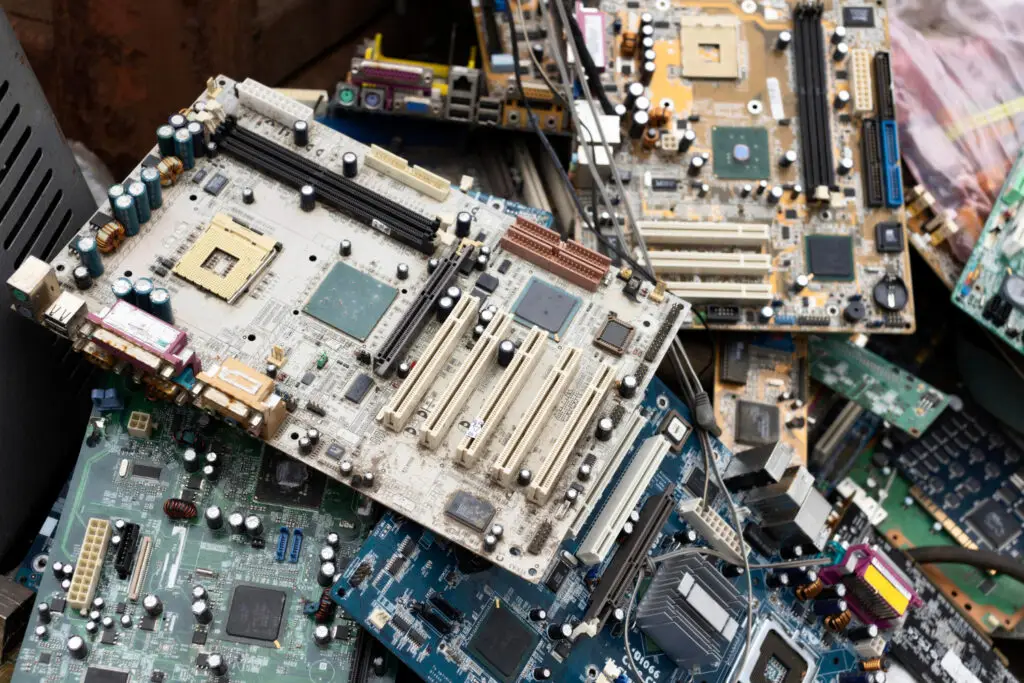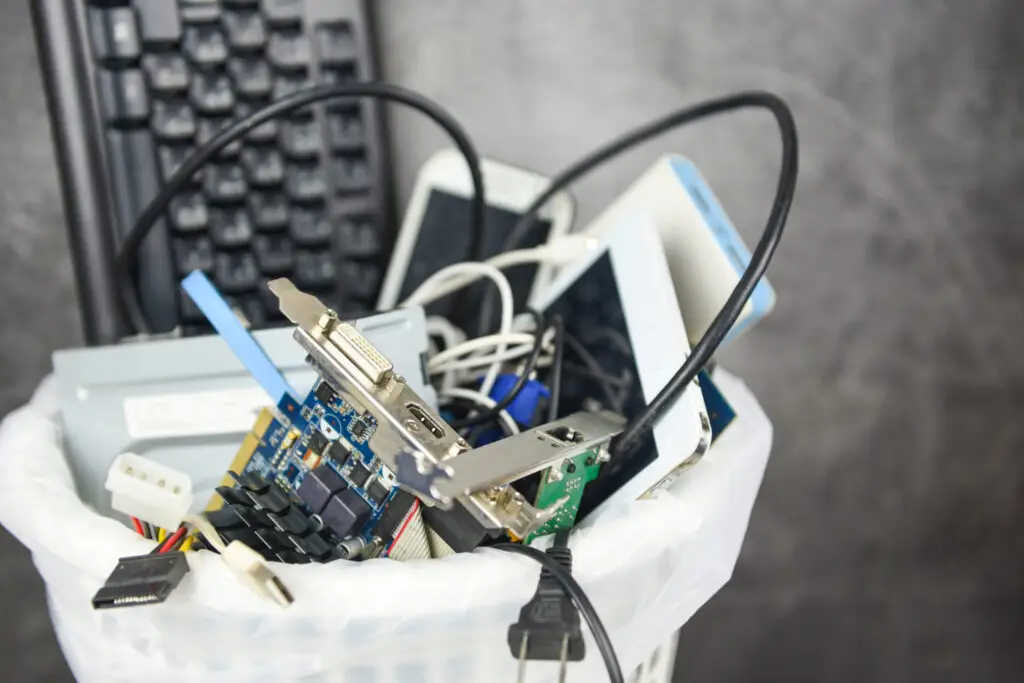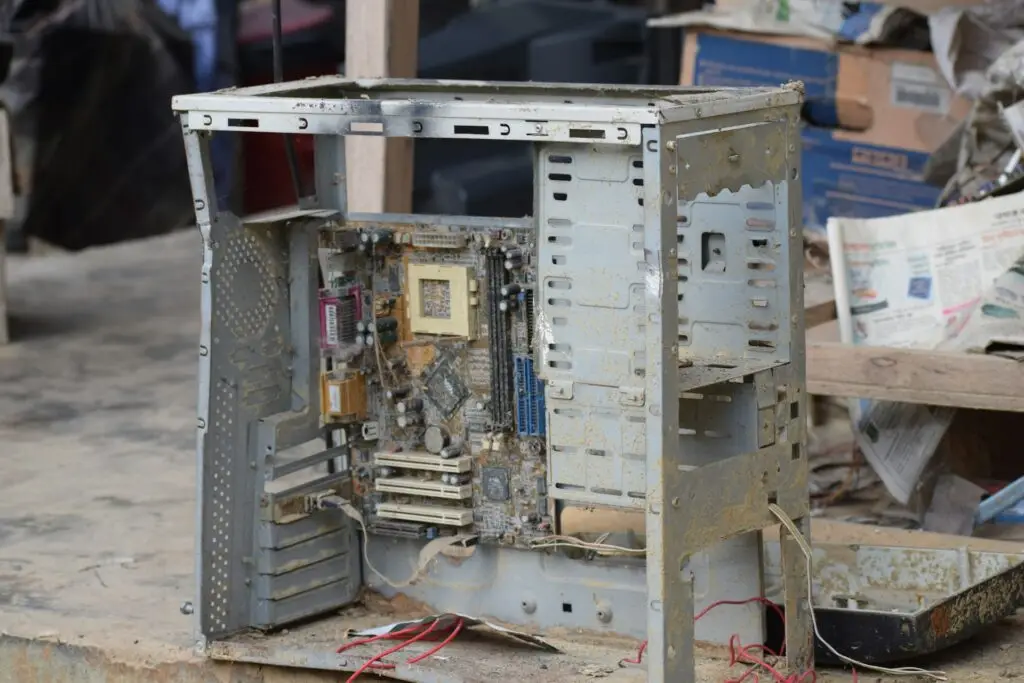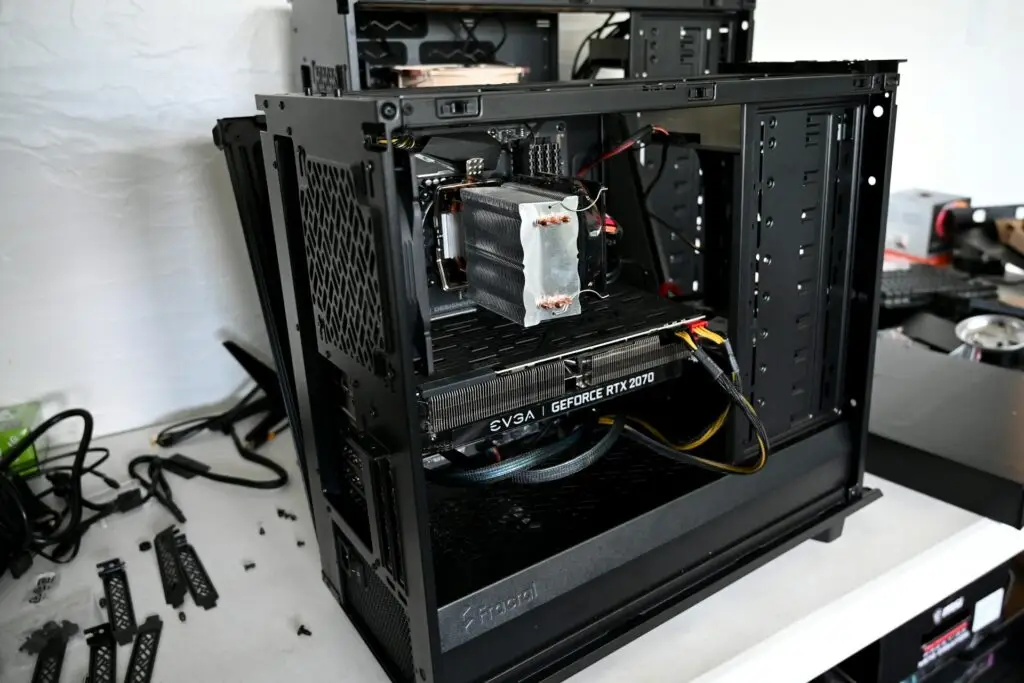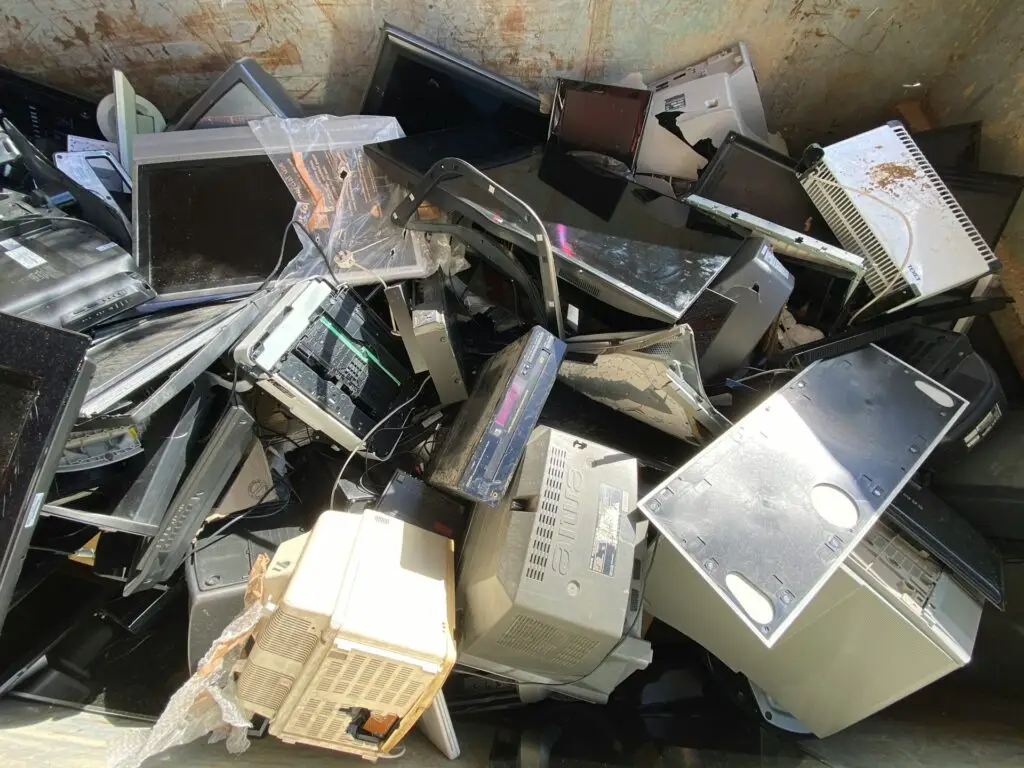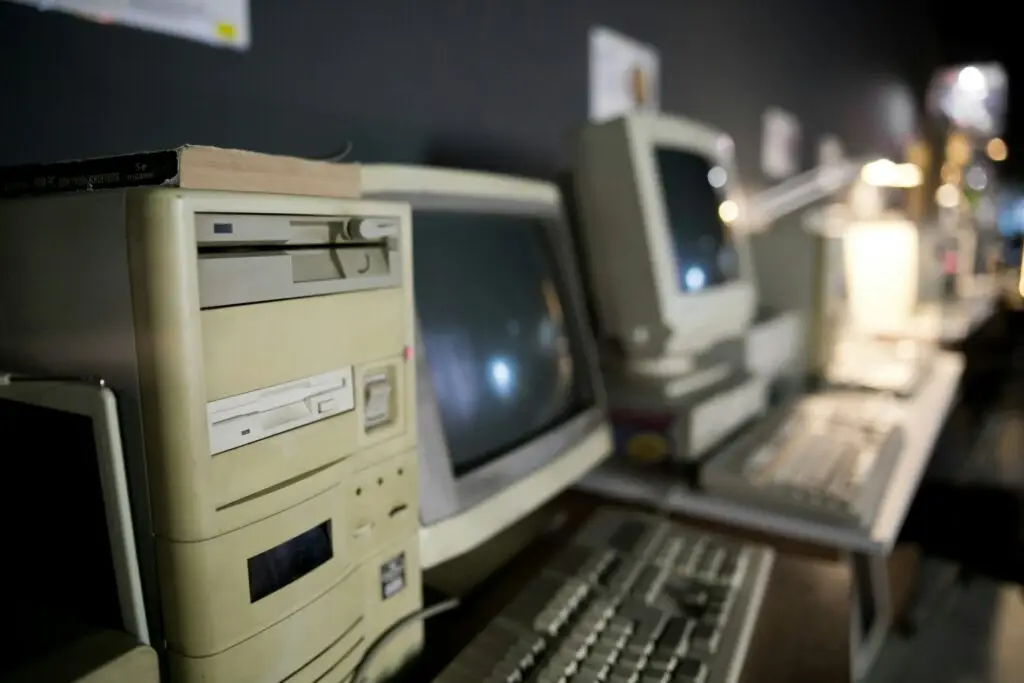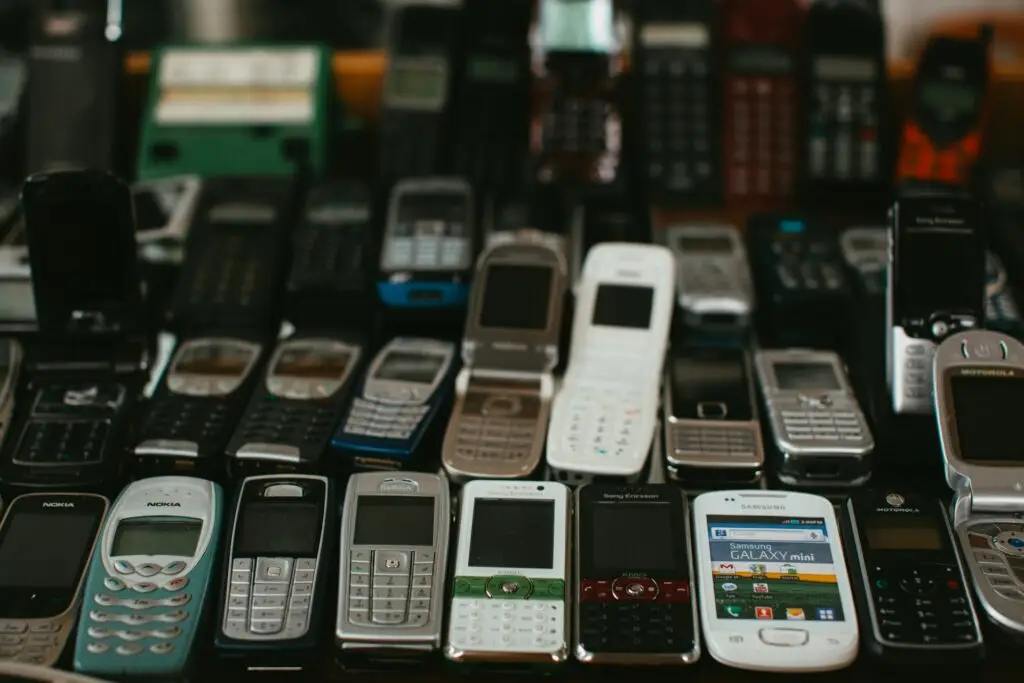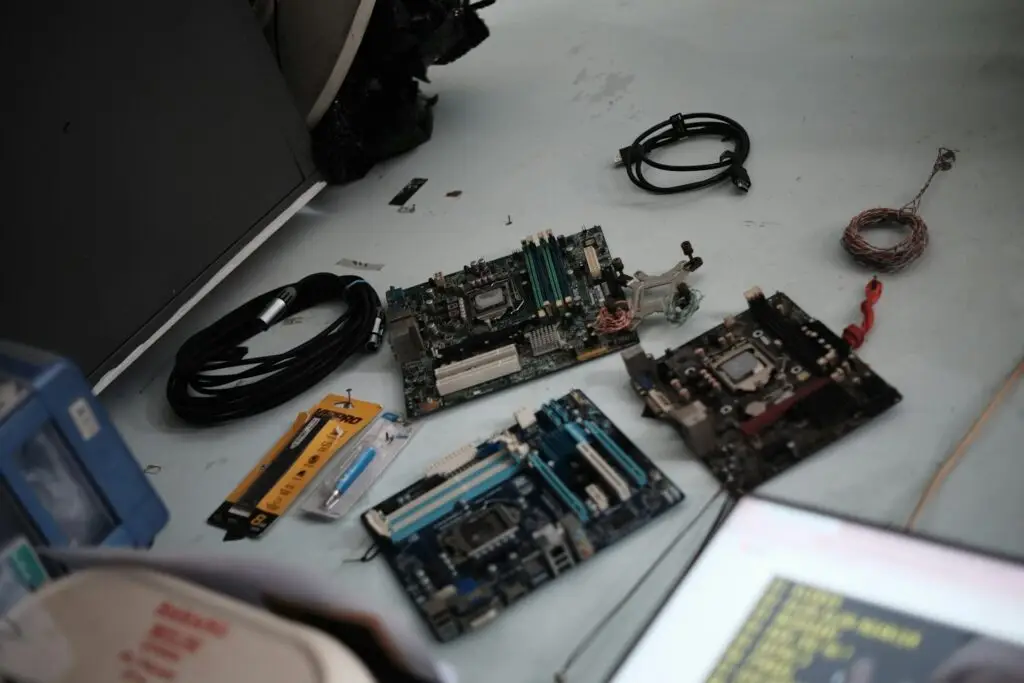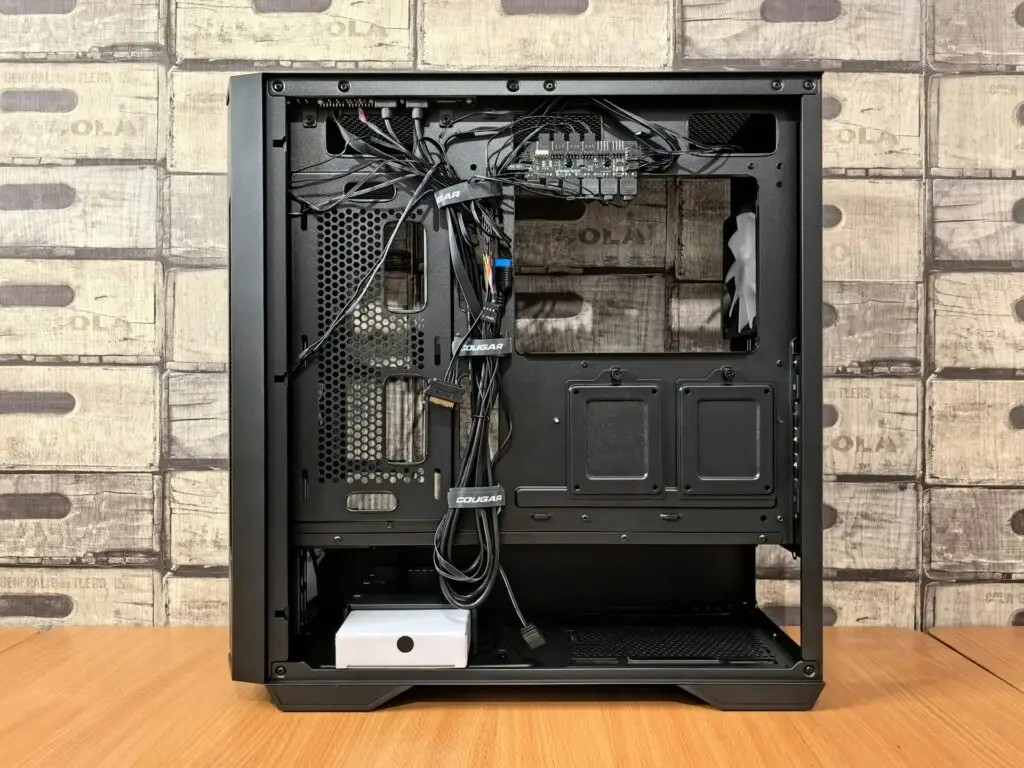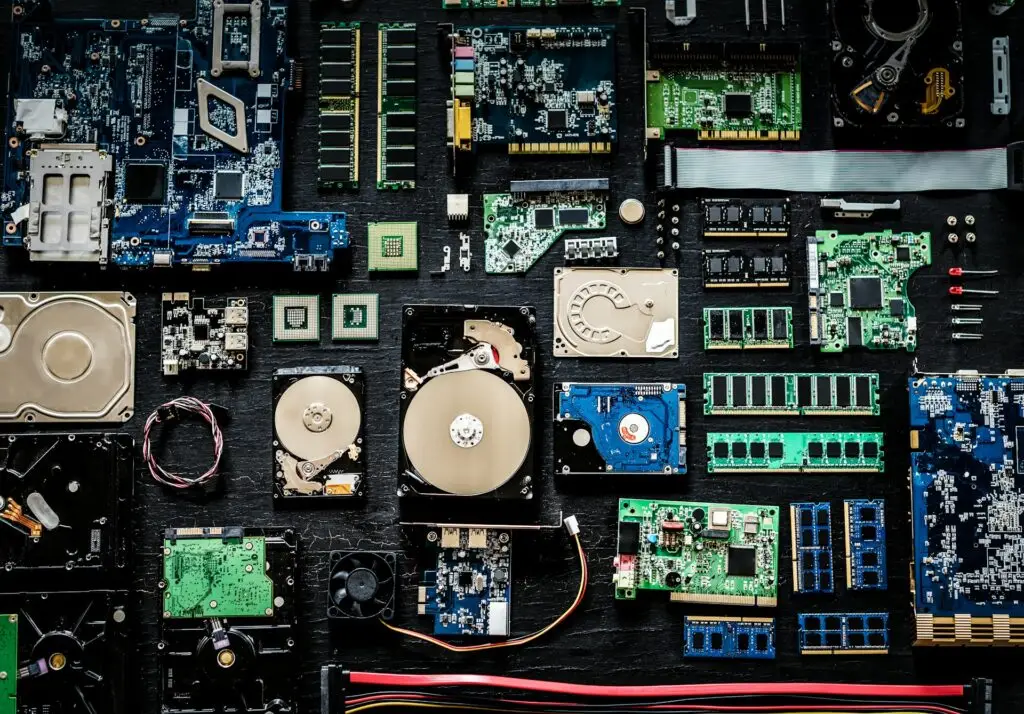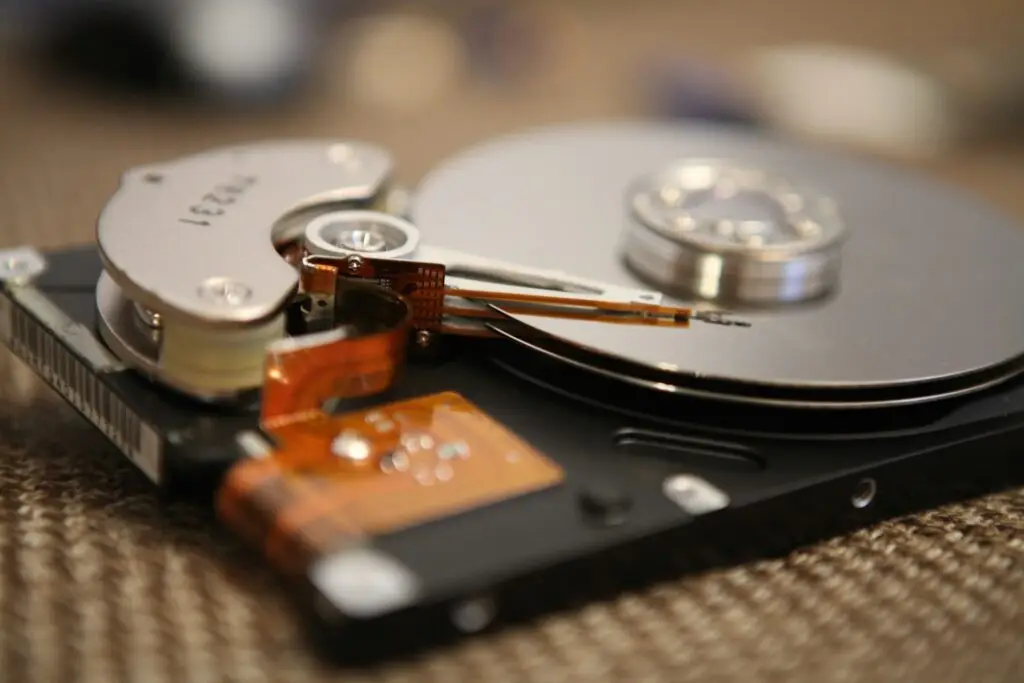The rising tide of electronic waste, or e-waste, is a pressing environmental concern that businesses and individuals must urgently address. As technology evolves at a breathtaking pace, electronic devices become obsolete quickly, and the amount of discarded gadgets grows exponentially. From computers and smartphones to servers and other IT equipment, improper disposal of these items generates severe consequences for the environment and public health.
In this informative article, we will explore the alarming increase in e-waste production and its impact on the environment, including pollution, natural resource depletion, and waste management challenges. We’ll also discuss businesses’ crucial role in addressing this issue by adopting responsible disposal practices, such as partnering with eco-friendly waste management solutions like ReWorx Recycling. Discover how your company can contribute to a greener future by committing to sustainable e-waste disposal strategies and making a positive impact on the planet.
The E-Waste Crisis: Grasping the Magnitude of the Problem
Electronic waste, commonly referred to as e-waste, encompasses a wide variety of discarded electronic products, from smartphones and computers to household appliances and office equipment. According to a study by the Global E-waste Statistics Partnership, the world generated a staggering 53.6 million metric tons of e-waste in 2019, with the figure estimated to reach 74.7 million tons by 2030. This rapid growth in e-waste generation is driven by factors such as technological advancements, shorter device life cycles, and increasing consumer demand for new gadgets. When not dealt with appropriately, e-waste contributes to severe environmental repercussions, including the release of hazardous substances and significant greenhouse gas emissions.
Assessing the Environmental Impact of E-Waste
1. Pollution and Resource Contamination
One of the most concerning aspects of e-waste is the presence of hazardous materials, such as heavy metals, chemicals, and persistent organic pollutants, in electronic items. When these materials are improperly disposed of, they can leach into the soil, water, and air, posing a threat to the environment and human health. Responsible e-waste recycling helps prevent the release of these toxins and ensures their safe handling and disposal.
2. Greenhouse Gas Emissions
The manufacturing and disposal of electronics contribute significantly to the global greenhouse gas emissions. Extracting metals and other materials for electronic production, as well as the energy used in manufacturing processes, generates significant carbon emissions. By promoting e-waste recycling and reusing materials, businesses can help curb the greenhouse gas emissions generated during the production of new devices.
Strategies for Businesses to Make a Positive Impact
1. Implement an E-Waste Recycling Policy
Companies should establish and communicate a clear e-waste recycling policy that outlines the proper methods for disposing of electronic devices. This policy can include designated drop-off points for e-waste, guidelines for secure data destruction, and collaboration with a reputable e-waste recycling partner, like ReWorx Recycling, to ensure responsible recycling practices.
2. Encourage Eco-Friendly Purchasing
By considering the environmental impact of their electronic purchases, businesses can contribute significantly to the fight against e-waste. Companies should strive to make informed purchasing decisions, opt for energy-efficient devices with longer life spans, and assess the sustainability credentials of their suppliers.
3. Extend the Life of IT Equipment
Extending the life of electronic devices is a crucial step in reducing e-waste. The longer a device remains functional, the fewer new devices are needed. Companies can achieve this by regularly maintaining and repairing electronic equipment, upgrading components instead of replacing the entire device, and repurposing older gadgets when feasible.
4. Employee Training and Awareness
For an e-waste recycling policy to be effective, employees must be aware of its importance and understand how to properly follow the guidelines. Businesses should provide regular training sessions to educate their staff on the environmental impact of e-waste, the company’s recycling policy, and their role in supporting responsible waste management practices.
Key Stages in the Professional E-Waste Recycling Process
1. Collection
To begin the recycling process, businesses need to collect and transport their e-waste to a recycling facility. This can be facilitated by partnering with a professional e-waste management company like ReWorx Recycling, which offers pickup services, drop-off points, and mail-in programs.
2. Disassembly and Sorting
Once collected, devices undergo disassembly to separate their components, which are then sorted into categories, such as metals, plastics, and glass. This enables the efficient recycling of materials and ensures proper resource recovery.
3. Material Processing
During material processing, e-waste components are subjected to various recycling methods, such as shredding, smelting, and refining. These processes facilitate the extraction of reusable raw materials that can be utilized in the manufacturing of new products.
4. Upcycling and Repurposing
Some e-waste components, such as circuit boards, cables, and casings, can be upcycled or repurposed into new products, reducing the demand for new materials and further promoting the circular economy.
By implementing responsible e-waste management practices, businesses can make a tangible difference in addressing the global issue of electronic waste. Effective policies, a commitment to eco-friendly purchasing, and extending the life of IT equipment are essential strategies for reducing the environmental impact of e-waste. Supporting professional e-waste recycling processes, such as those offered by ReWorx Recycling, ensures environmentally responsible disposal, secure data destruction, and the recovery of valuable materials for reuse in the circular economy.
E-Waste Management: Embracing a Greener Future with ReWorx Recycling
In conclusion, the growing problem of e-waste is an issue that businesses cannot afford to ignore. The rapid surge in electronic device production and disposal poses severe environmental and health risks, emphasizing the importance of adopting responsible waste management practices.
By implementing effective e-waste recycling policies, making eco-friendly purchasing decisions, extending the life of electronic devices, and raising employee awareness, businesses can contribute significantly to addressing the global e-waste challenge. Partnering with a trusted and experienced e-waste recycling company like ReWorx Recycling is vital for ensuring secure data destruction, efficient resource recovery, and environmentally sound practices in the disposal of end-of-life IT equipment.
Don’t let your business contribute to the escalating e-waste epidemic. Make the commitment to environmentally sustainable e-waste management and join forces with ReWorx Recycling to make a lasting, positive impact on our planet.
Begin your journey toward a greener, more responsible future by exploring the e-waste recycling services offered by ReWorx Recycling. Let’s work together to create lasting change and protect the environment for generations to come.


